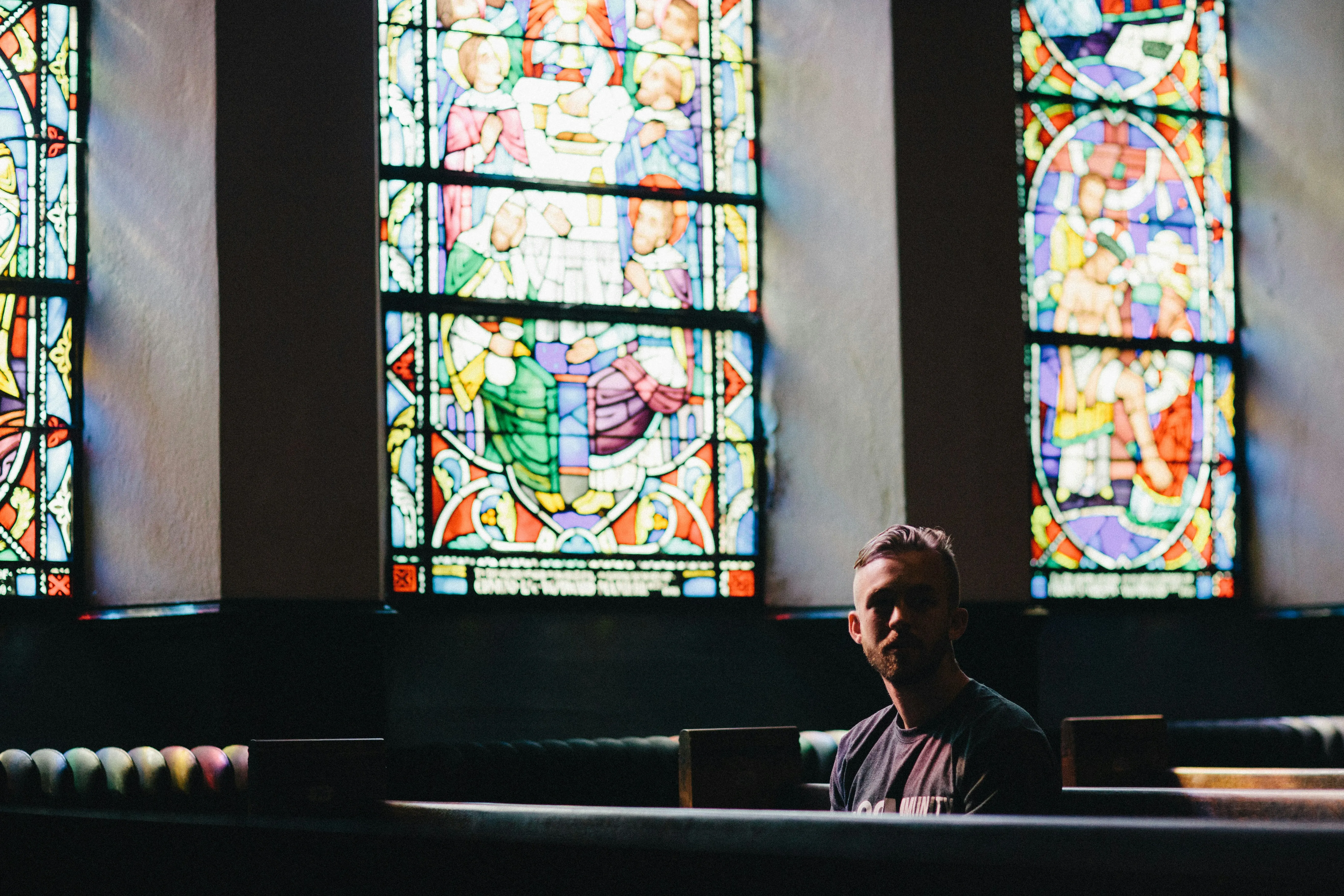What is an Agnostic?
Consider this... Maybe the journey through doubt and uncertainty is not a dead end but a path leading to deeper faith and understanding. Agnosticism, often perceived as a gray zone of belief, challenges individuals to grapple with the mysteries that lie beyond human comprehension. Yet, within this realm of uncertainty, there lies a potent ground for spiritual exploration and growth.

Agnosticism, at its core, represents a stance of uncertainty regarding the existence of God or gods. It is a position that neither affirms nor denies the divine, but instead acknowledges the limits of human knowledge and understanding. This admission of not knowing can be unsettling, yet it also opens the door to a journey filled with seeking, questioning, and, ultimately, growing.
The Bible, while it does not explicitly mention agnosticism, offers profound insights into faith, doubt, and the pursuit of truth. In the book of Proverbs, we find a powerful invitation to seek wisdom and understanding: "Then you will understand the fear of the Lord and find the knowledge of God" (Proverbs 2:5). This verse encourages us to embrace the quest for divine knowledge, even amidst uncertainty.
Similarly, the story of Doubting Thomas in the Gospel of John highlights the role of doubt in the journey of faith. After the resurrection, Thomas refused to believe in Jesus' return without tangible proof. Jesus' response to Thomas was not condemnation but an invitation: "Put your finger here; see my hands. Reach out your hand and put it into my side. Stop doubting and believe" (John 20:27). This interaction reveals that faith can emerge stronger through the process of questioning and seeking evidence.
Moreover, the Apostle Paul, in his letter to the Romans, speaks to the essence of faith amidst doubt: "For we live by faith, not by sight" (2 Corinthians 5:7). This passage reminds us that the essence of faith lies in trusting what we cannot see or fully understand, encouraging those wrestling with agnosticism to lean into faith even when certainty eludes them.
The emotional landscape of agnosticism is rich with longing, confusion, and a deep-seated desire for truth. It's a state that many, especially in the African American community facing unique life challenges, can relate to. The uncertainty and quest for meaning resonate on a personal level, making the exploration of agnosticism particularly poignant.
Christian Life Conversation
Michael: "I've been feeling lost lately, like I'm not sure what I truly believe."
Sarah: "I get that. It's like you're caught between wanting to believe and not being sure if you can."
Michael: "Exactly. It's this constant back and forth in my mind."
Sarah: "Have you ever thought that maybe this uncertainty is part of your spiritual journey? Like, it's okay to have questions and doubts."
Michael: "I suppose, but it feels like I should have more answers by now."
Sarah: "Remember Thomas in the Bible? He doubted too, but it led him to a deeper understanding and belief."
Michael: "I remember that story. It does make me feel a bit better, knowing that questioning is part of faith."
Sarah: "Exactly. And seeking answers and embracing our doubts are all part of growing spiritually. You're not alone in this."
Michael: "Thanks, Jasmine. That actually helps a lot. Maybe I need to be more patient with myself on this journey."
Jasmine: "Absolutely. Keep seeking, keep questioning. Your faith can grow stronger through this."
Conclusion

As you explore topics like agnosticism, we at ChristianLifeAnswers.com invite you to consider how a proper belief can provide guidance and clarity in your life. Whether you're deeply rooted in your faith or just beginning to explore spiritual perspectives, there is always room for deeper understanding and growth. We encourage you to take the next step in your journey.





















